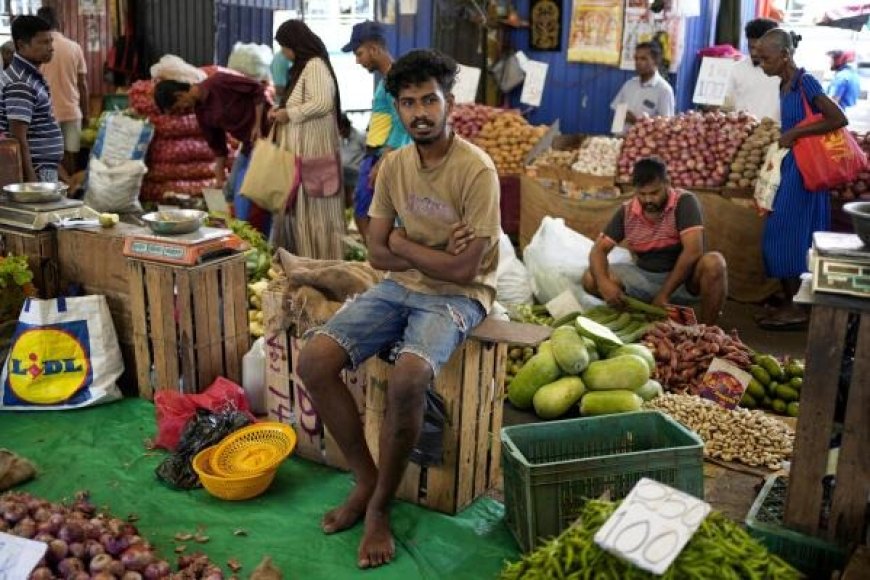ADB Approves $200M Loan to Aid Sri Lanka's Economy
Asian Development Bank's $200M Loan Boosts Sri Lanka's Financial Stability Amid Economic Challenges.

Asian Development Bank (ADB) has granted approval for a $200-million concessional loan to support Sri Lanka in stabilizing its financial sector. This financial assistance is geared towards addressing the economic difficulties faced by the island nation, with a specific focus on reinforcing banking stability and governance.
#ADBNews: ADB's new loan will help stabilize Sri Lanka’s finance sector following the sovereign debt and economic crises that started in April 2022 when the country suspended its external debt payments. https://t.co/2Xa2g2rKFJ pic.twitter.com/IdVV4Ijrw7 — Asian Development Bank (@ADB_HQ) December 8, 2023
The ADB's Financial Sector Stability and Reforms Program for Sri Lanka includes two subprograms, each amounting to $200 million. These subprograms aim to strengthen the stability and governance of Sri Lanka's banking sector while fostering sustainable and inclusive finance, with a particular emphasis on supporting women-led micro, small, and medium-sized enterprises.
Takafumi Kadono, the ADB's director for Sri Lanka, highlighted that the program's development objective aligns with Sri Lanka's strategy of maintaining financial sector stability. The overarching goal is to ensure that banks are well-prepared for an eventual recovery, thereby providing access to affordable finance for businesses across various sectors of the economy.
Sri Lanka encountered an economic crisis in 2022, leading to shortages and protests, resulting in the removal of then-President Gotabaya Rajapaksa. The nation declared bankruptcy in April 2022, facing a substantial debt of over $83 billion, with more than half owed to foreign creditors.
While the International Monetary Fund (IMF) agreed to a $2.9-billion bailout package in March, the release of the second tranche was delayed due to concerns about oversight and debt restructuring. A September review by the IMF acknowledged Sri Lanka's economic recovery but stressed the need for improvements in tax administration, elimination of exemptions, and a crackdown on tax evasion.
Sri Lankan officials are optimistic about receiving the IMF's $334 million installment before the year-end, having secured financial assurances from bilateral creditors, including China, Japan, and India.
Over the past year, Sri Lanka has seen a reduction in severe shortages of essentials like food, fuel, and medicine, and efforts have been made to restore a continuous power supply. Despite progress, there is growing public dissatisfaction with the government's revenue-raising measures, such as increased electricity bills and heavy new taxes on professionals and businesses.
Also Read: IMF Delegation Set to Evaluate Sri Lanka's Loan Program in September































































